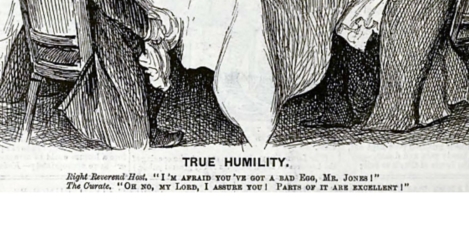May 25, 2017
Third of office workers in the UK not taking the required amount of exercise 0

A third (35 percent) of UK office workers fail to get the National Health Service recommended exercise quota of 150 minutes per week, a new survey commissioned by Pure Gym to mark Global Employee Health and Fitness Month (GEHFM), has revealed. According to the NHS website, it’s advised that adults between the ages of 19-64 should take part in at least two and a half hours of moderate exercise each week. However, approximately one in three office employees in the UK are currently falling short of these guidelines, with just over two thirds (73 percent) citing work pressures as a key contributing factor to this deficit. Top reasons noted for this lack of activity include, stress at work (17 percent), long commuting hours (15 percent) and insufficient lunch breaks (14 percent), with over a third (38 percent) of office workers attributing their exercise short fall to work related tiredness and fatigue.











 One of the biggest concerns cited by many of those being polled on their views during the General Election campaign has been the high cost of living compared to wages. Now a new report claims that over half (55 percent) of employees are experiencing financial problems, which are affecting their behaviour, relationships and ability to perform at work. Although the nationwide study of the financial wellbeing of UK workers The DNA of Financial Wellbeing 2017 report, claims that nearly a third (32 percent) cite finance as their biggest concern; 66 percent of HR directors, think that financial worries are not of concern to their employees. The findings from Neyber, a financial wellbeing company, shows that 47 percent of workers are borrowing money to meet their basic financial needs, with 25 percent borrowing on a credit card, followed by 13 percent through a bank overdraft and 13 percent borrowing from friends and family. Meanwhile, an increase in so-called zero hour contracts means that nearly half (47 percent) of workers in the North and Midlands have an income fluctuation of more than 10 percent each month.
One of the biggest concerns cited by many of those being polled on their views during the General Election campaign has been the high cost of living compared to wages. Now a new report claims that over half (55 percent) of employees are experiencing financial problems, which are affecting their behaviour, relationships and ability to perform at work. Although the nationwide study of the financial wellbeing of UK workers The DNA of Financial Wellbeing 2017 report, claims that nearly a third (32 percent) cite finance as their biggest concern; 66 percent of HR directors, think that financial worries are not of concern to their employees. The findings from Neyber, a financial wellbeing company, shows that 47 percent of workers are borrowing money to meet their basic financial needs, with 25 percent borrowing on a credit card, followed by 13 percent through a bank overdraft and 13 percent borrowing from friends and family. Meanwhile, an increase in so-called zero hour contracts means that nearly half (47 percent) of workers in the North and Midlands have an income fluctuation of more than 10 percent each month.






















May 18, 2017
Reflection on facilities management and the people I’ve met along the way 0
by Paul Carder • Comment, Facilities management
(more…)